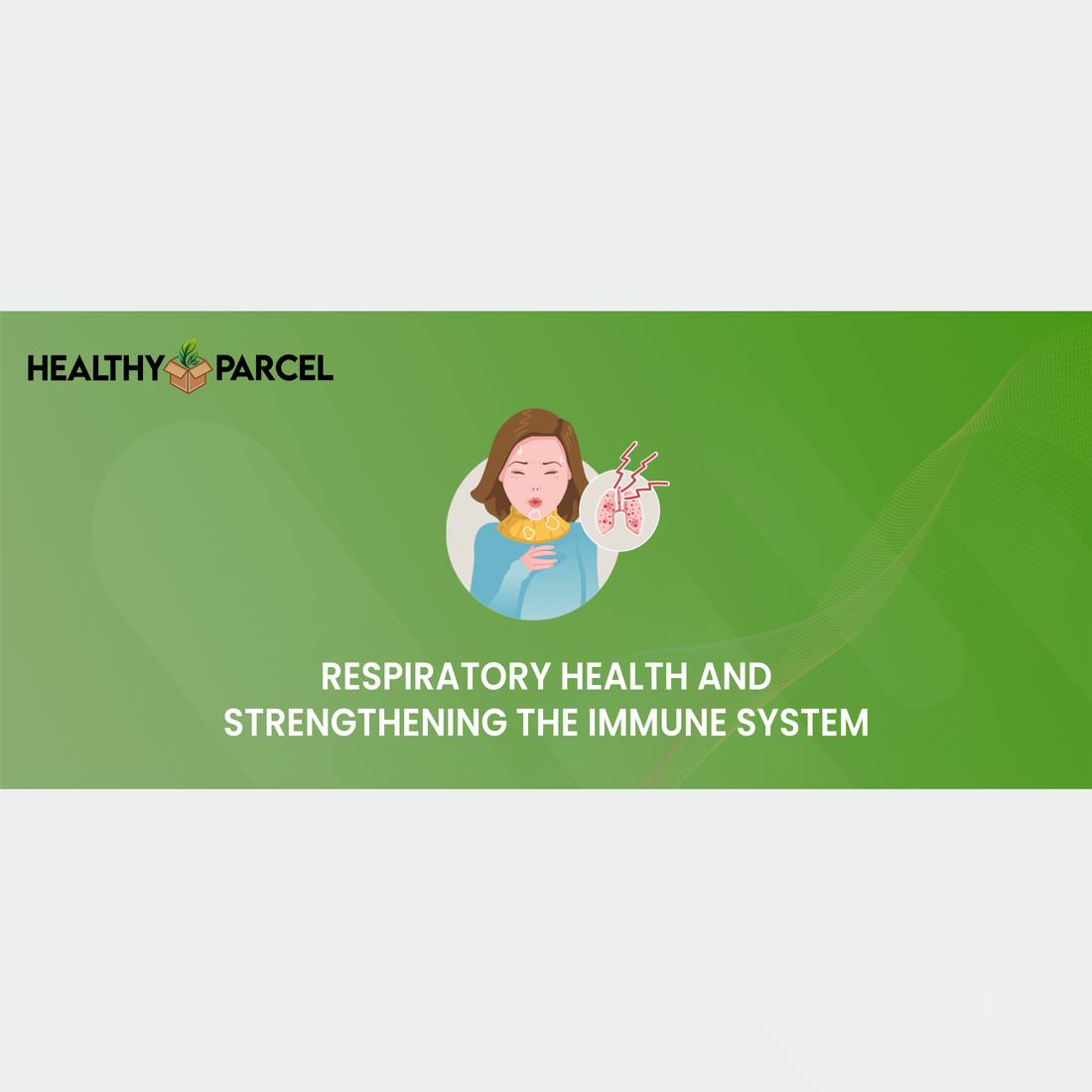With increasing awareness, many people are seeking ways to protect themselves from viral infections. Key precautions include washing hands, wearing masks, and avoiding travel. Additionally, strengthening your immune system is crucial. In a previous article, we discussed natural methods to boost immune function. A strong immune system not only defends against most pathogens but also lowers the chances of catching colds and other infections, thereby enhancing overall resistance.
Simple Steps to Boost Your Immune System

The principles for boosting your immune system are straightforward. Start by ensuring your immune system gets essential nutrients through a healthy diet and proper supplements. Even a single nutrient deficiency can weaken your immunity. Next, maintain a healthy lifestyle by getting adequate sleep and engaging in regular exercise. Optimal nutrition and effective stress management are key to keeping your immune system in top shape. A strong immune system not only helps prevent colds and flu but also protects against chronic diseases.
Key Steps to Boosting Your Immune System

- Adopt a Healthy Lifestyle: Eat a balanced diet, exercise regularly, avoid toxins, maintain a healthy weight, and get enough sleep.
- Manage Stress: Stress reduces immunity. Practice relaxation techniques like breathing exercises, visualization, or meditation.
- Avoid Refined Sugars and Saturated Fats: Ensure you get plenty of quality protein and essential fatty acids.
- Take High-Quality Supplements: Vitamins C and E, B vitamins, zinc, and selenium are particularly important.
- Increase Vitamin C Intake: Take 500 to 1,000 mg up to three times daily, or consider 1,000 mg of liposomal vitamin C once or twice daily.
- Boost Vitamin D Levels: Take 2,000 to 5,000 IU daily.
Vitamin D is Critical to Immune Health

Vitamin D is well-known for supporting healthy bones, but it also plays a crucial role in overall health, targeting over 2,000 genes in the human body. With nearly half of Americans having low blood levels of vitamin D, widespread supplementation can be beneficial. Most health experts, including myself, recommend daily doses of 2,000 to 5,000 IU, especially during winter. Research supports these higher dosages for maintaining optimal vitamin D levels.
Optimize Intake with Liposomal Vitamin C

Liposomal vitamin C is a cutting-edge form of vitamin C designed for better absorption and use by the body. Liposomes, tiny spherical structures, have an outer layer made of fatty acids (phospholipids) from sunflower or soy and an inner compartment of water and water-soluble nutrients like vitamin C. This structure protects vitamin C within the inner compartment.
The main benefit of liposomal vitamin C is its enhanced absorption. Our intestines can only absorb a certain amount of vitamin C, and higher doses can lead to gas and diarrhea. Liposomal vitamin C has significantly higher bioavailability than regular vitamin C, nearly doubling the absorption rate. It's often recommended as an oral alternative to intravenous vitamin C.
Natural Approaches to Boosting Immune Health

There are no natural products proven to be effective against the coronavirus, but several can provide general immune support. Here are some top recommendations:
Epicor and Wellmune
Epicor and Wellmune are derived from Baker’s yeast and are rich in beta-glucan and other immune-boosting compounds. They have been shown to enhance immune function in over 20 clinical trials. Epicor, for instance, increases secretory immunoglobulin A (IgA) levels and boosts natural killer (NK) cell function. IgA protects mucous membranes, while NK cells destroy foreign cells. Studies have shown that 500 mg of Epicor daily can reduce cold and flu symptoms in adults, whether they have had a flu shot or not.
Monolaurin

Monolaurin, found in coconut oil, is available as a dietary supplement and has antiviral properties against viruses similar to coronavirus. It works by dissolving the lipid envelope that protects many viruses, bacteria, and parasites, making them easier for the immune system to destroy.
Serratia Peptidase
Serratia peptidase, or serrapeptase, is a digestive enzyme that helps maintain optimal mucus secretions. Originally isolated from bacteria in the silkworm’s intestines, it’s known as the “silkworm” enzyme because it breaks down the cocoon. Serrapeptase has antiviral effects by digesting viral proteins. Other proteolytic enzymes, like bromelain, may also be effective.
Astragalus Root

Astragalus root (Astragalus membranaceus) is a traditional Chinese medicine shown to reduce the duration and severity of cold symptoms. Animal research suggests it stimulates the immune system, particularly white blood cells, to destroy invading organisms and debris and enhance interferon production, which helps fight viruses. Follow the label instructions for proper usage.
Takeaways
To boost your immune system, consider incorporating liposomal vitamin C for better absorption. Explore natural immune boosters like Epicor and Wellmune, which are rich in beta-glucan and improve immune function. Monolaurin, derived from coconut oil, offers antiviral properties, and serrapeptase, a digestive enzyme, helps maintain optimal mucus secretions and has antiviral effects.
Additionally, Astragalus root, a traditional Chinese medicine, can reduce the severity and duration of cold symptoms by stimulating the immune system. Following these strategies can enhance your overall immune health.

